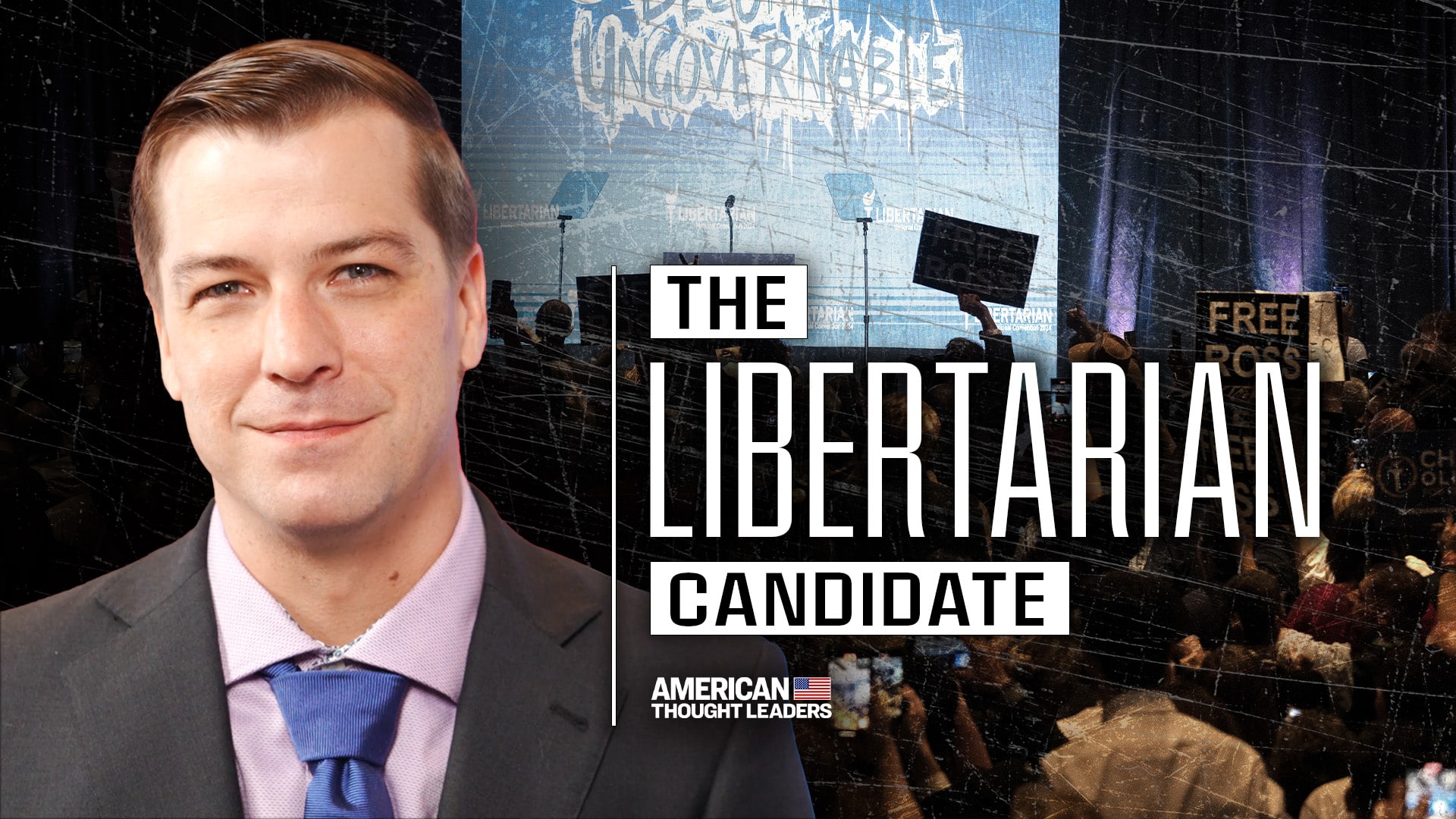With the United States presidential election day less than two weeks away, some people will be looking at third party presidential candidates to see if there is one that supports a noninterventionist foreign policy. They will be doing so in large part because they see Republican nominee Donald Trump as not living up to his effort to be seen as the peace candidate in the race and Democratic nominee Kamala Harris as wedded to extreme foreign intervention, with her supporting the Biden administration’s fostering of Ukraine and Israel’s wars as examples.
One alternative people may consider is Chase Oliver, the Libertarian Party presidential nominee. A noninterventionist foreign policy has been promoted by many of the party’s candidates over the decades since the party came into being in the early 1970s. But, Oliver does not promote that message. And, for a third party candidate who is sure not to win the election, message is key. If the candidate does not promote a message, what is the point of voters wishing to send that message choosing him?
On May 30, within a week after Oliver’s selection as the Libertarian Party presidential nominee, I reviewed his “End Wars & Support Peace” platform plank on his campaign website. While the plank had a very promising title for people seeking a pro-peace candidate, reading through it revealed substantial support for US government meddling overseas.
Looking back at the platform plank today — five months later and when early voting has already begun in much of the country, it turns out all the interventionist language remains in the plank unchanged. People who want to vote for someone expressing clear support for a noninterventionist foreign policy will have to look elsewhere than the Libertarian Party presidential nominee this year. Given the effectiveness of ballot access restrictions at limiting the ability of alternative presidential candidates to make it onto ballots, some voters will find that nobody listed on their ballots fits the bill.

